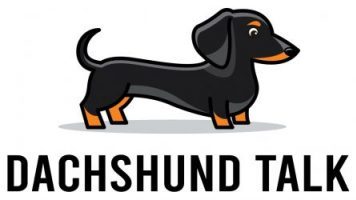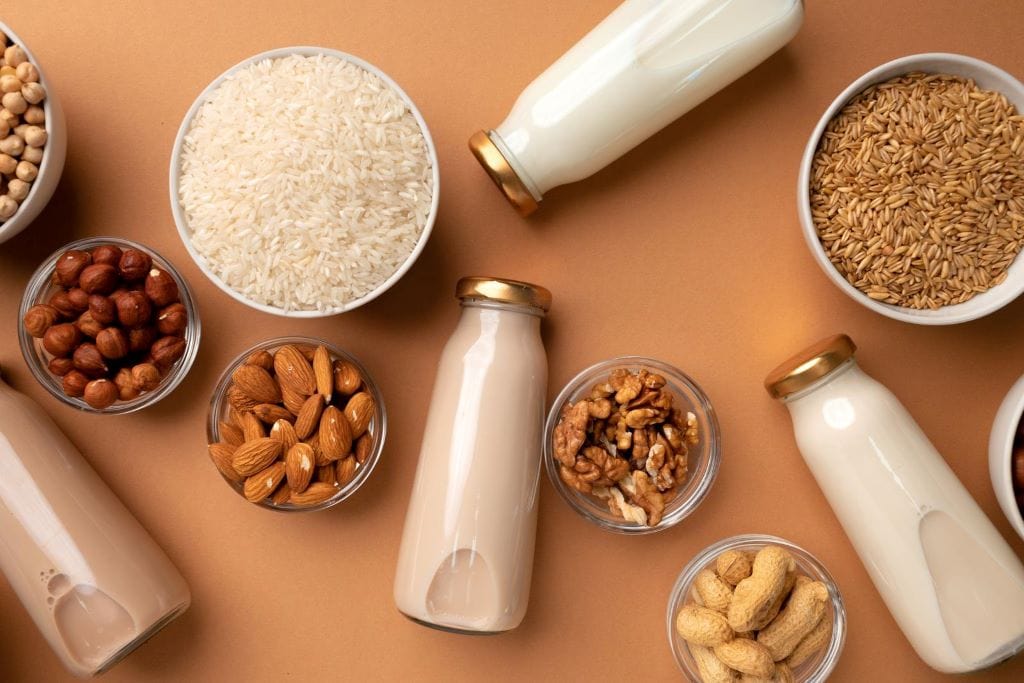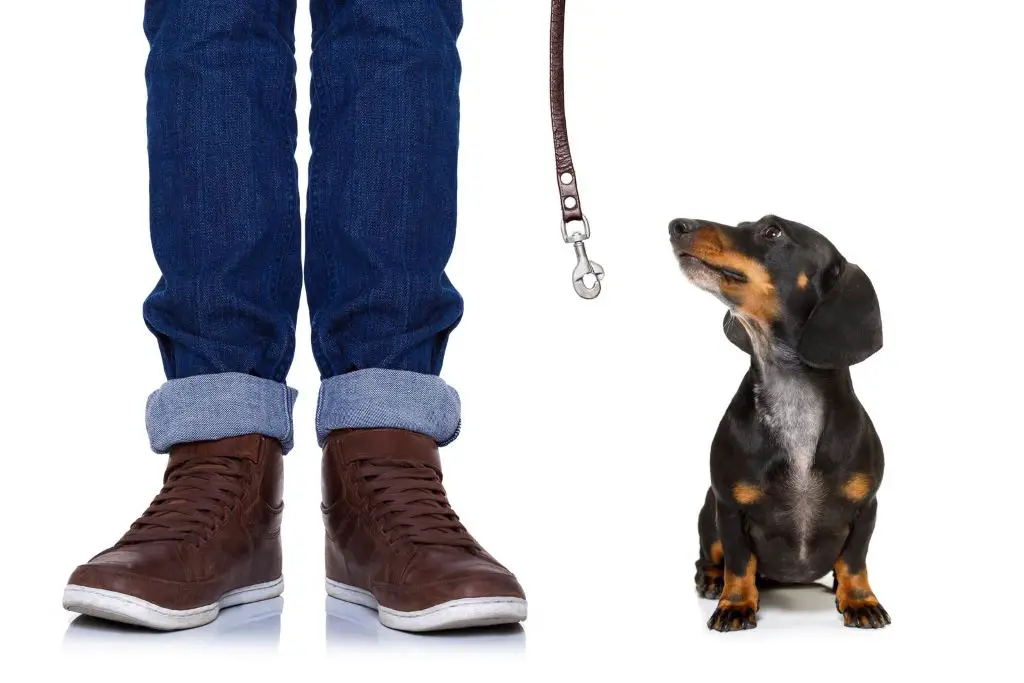Warning: Trying to access array offset on value of type bool in /home/u778996160/domains/dachshundtalk.com/public_html/wp-content/plugins/wp-word-count/public/class-wpwc-public.php on line 123
Warning: Trying to access array offset on value of type bool in /home/u778996160/domains/dachshundtalk.com/public_html/wp-content/plugins/wp-word-count/public/class-wpwc-public.php on line 123
Trying to figure out what is and isn’t safe for your dog to eat and drink can be confusing. Many people are under the impression that dogs can drink lactose-free milk without any problems, but is this true? In this blog post, we will explore whether or not dogs are allowed lactose-free milk, and if it is safe for them to consume.
What is lactose-free milk and what are the benefits of drinking it?
Lactose-free milk is a type of milk that has had the lactose removed from it. Lactose is a sugar molecule that is found in milk, and it can be difficult for some people to digest. When the lactose is removed from milk, it becomes easier to digest and may be less likely to cause stomach upset.
This can be beneficial for people who are lactose intolerant or have trouble digesting dairy products. Lactose-free milk may also contain more calcium and vitamin D than regular milk, which can be beneficial for bone health.
Are dogs allowed to drink lactose-free milk?
This can be a tricky question to answer, as there are mixed opinions on the matter. Some people believe that dogs are able to drink lactose-free milk without any problems, while others believe that it can be harmful.
However, what we know is that cows’ milk can cause stomach upset in dogs, as they are not used to drinking it. This is because cow’s milk contains lactose, which dogs may not be able to digest properly. For this reason, it is generally advised that dogs do not drink cow’s milk.
Lactose-free milk does not contain lactose, so there is a chance that dogs will be able to drink it without causing digestion issues. However, it is still milk and may contain other ingredients that are not ideal for dogs. For example, some lactose-free milk contains carrageenan, which is a thickening agent that has been linked to gastrointestinal inflammation in dogs.
It is always best to speak to your veterinarian before giving your dog any type of milk, as they will be able to give you specific advice based on your dog’s health and diet.

Improve Your Dachshund’s Digestive Health Today
What causes lactose intolerance in dogs?
There are a number of things that can cause lactose intolerance in dogs, but the most common cause is simply not drinking milk regularly. Dogs who do not drink milk on a regular basis are less likely to produce the enzyme needed to break down lactose, which can lead to digestive issues when they do drink milk.
Other causes of lactose intolerance in dogs include certain health conditions, such as inflammatory bowel disease, food allergies, and pancreatitis. Certain medications can also cause lactose intolerance, so it is always best to speak to your veterinarian if you are concerned that your dog may be intolerant.
How much lactose-free milk can a dog drink per day?
If you do decide to give your dog lactose-free milk, it is important to limit their intake. Dogs should only drink a small amount of milk per day, and this includes lactose-free milk.
A small cup should be plenty, and you should not give your dog more than this. You should also avoid giving your dog milk every day, as it is not a necessary part of their diet and too much can cause digestive issues.
Introduce slowly
It’s also important to introduce any new food or drink slowly. This means giving your dog only a small amount of lactose-free milk to start with and gradually increasing the amount over time. This will help them to get used to the new food and allow you to see how they react to it.
You should also keep an eye on your dog for any signs of stomach upset, such as vomiting or diarrhea. If your dog does have any negative reaction to the lactose-free milk, it is best to stop giving it to them and speak to your veterinarian.
What are the side effects of giving a dog too much lactose-free milk?
There are a few potential side effects of giving your dog too much lactose-free milk. These include:
- Diarrhea
- Vomiting
- Stomach pain or cramping
- Bloating or gas
- Weight gain
Dogs can also have allergic reactions to milk, which may cause symptoms such as itching, redness, swelling, or hives. If your dog has any of these symptoms, you should call your veterinarian immediately.
What dairy products are safe for dogs to eat?
When it comes to dairy products, there are a few that are safe for dogs to eat. These include:
Cheese: Most types of cheese are low in lactose and are generally safe for dogs to eat. However, some dogs may be intolerant or allergic to cheese, so it is always best to introduce it slowly.
Yogurt: Yogurt is also low in lactose and is generally safe for dogs to eat. However, as with cheese, some dogs may be intolerant or allergic to yogurt, so again only a little at a time.
Butter: Butter is another dairy product that is safe for dogs to eat. It is high in fat, so it should be given in moderation.
Even though all of these products are deemed as safe, dairy, in general, isn’t something you should be giving your dog on a regular basis. Too much dairy can cause digestive issues, so it’s best to only give it in small amounts as a treat.
What is a better alternative to lactose-free milk for dogs?
The best milk alternative for dogs is goat’s milk. Goat’s milk is easier for dogs to digest as it contains less lactose than cow’s milk. It is also a good source of vitamins, minerals, and protein.
However, if you want to keep your dog healthy you can’t beat water. Water is the best drink for dogs and should be their main source of fluid. Make sure your dog always has access to fresh, clean water and that they are drinking enough each day. You can check their water intake by looking at their urine; it should be light yellow or clear.
Wrapping Things Up
So, are dogs allowed lactose free milk? The answer is yes, but it is always best to speak to your veterinarian before giving your dog any type of milk. Milk is not a necessary part of their diet and too much can cause digestive issues.
If you do decide to give your dog lactose-free milk, only give them a small amount per day and introduce it slowly. Be sure to watch for any negative reactions, such as vomiting or diarrhea. Dairy products are safe for dogs to eat in moderation, but too much can cause digestive issues.
So bottom line – while lactose free milk is safe for dogs in moderation, it’s not something you need to include in their diet on a regular basis.









